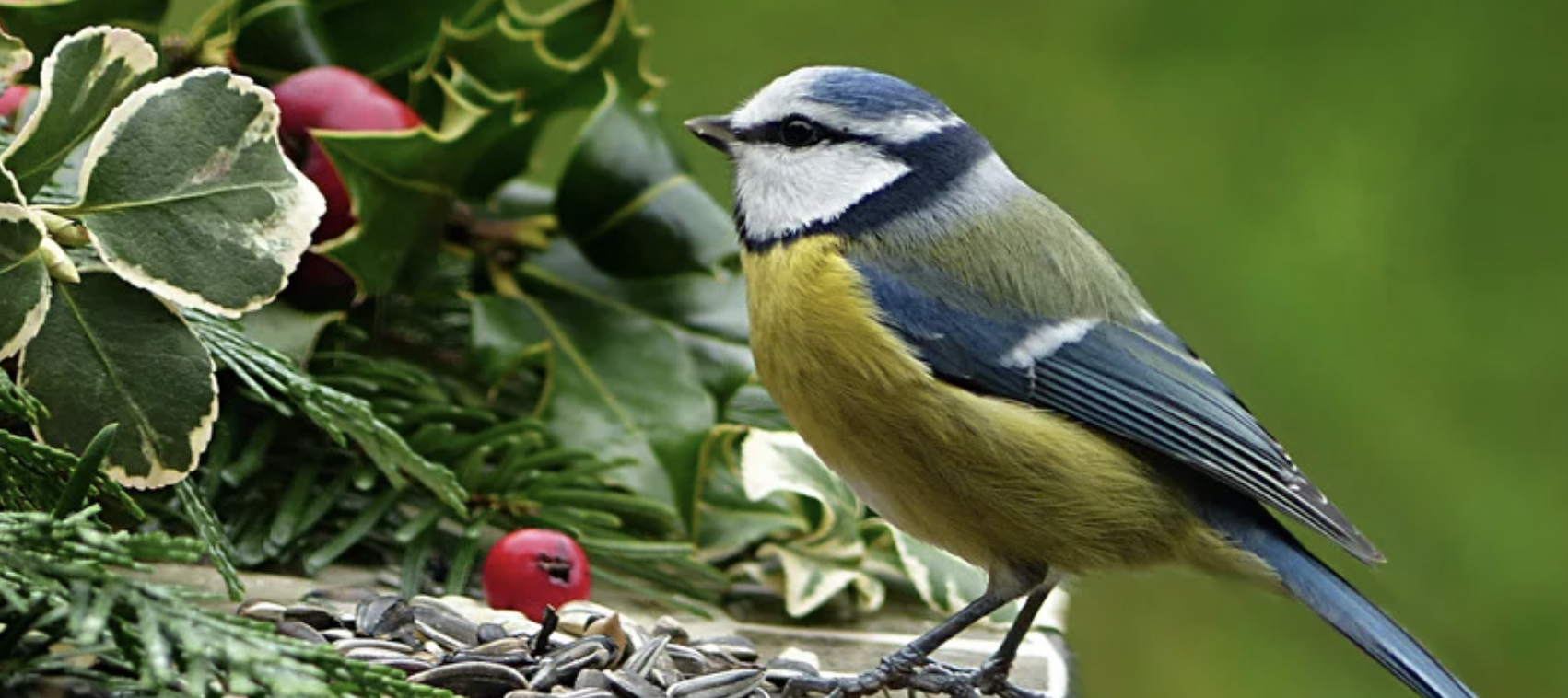As winter sets in, many gardeners turn their attention to preparing their plants for the cold months ahead. However, it’s also an excellent time to consider the wildlife that shares your garden space. Birds and beneficial insects can significantly enhance your garden’s ecosystem, and providing them with a winter-friendly habitat will not only support local wildlife but also promote a balanced environment in the spring. Here’s how you can create a cozy haven in your garden for these essential creatures.
Why Support Winter Wildlife?
Creating a winter wildlife habitat offers several benefits:
- Biodiversity: Supporting a diverse range of species helps maintain a balanced ecosystem.
- Natural Pest Control: Birds and beneficial insects can help control pest populations naturally.
- Garden Health: Healthy wildlife contributes to soil health and pollination, ensuring a thriving garden when spring arrives.
Steps to Create a Winter-Friendly Habitat
1. Provide Food Sources
Bird Feeders: Install bird feeders stocked with seeds, nuts, and suet to attract various bird species. Black oil sunflower seeds, nyjer seeds, and mixed seed blends are popular choices. Make sure to keep the feeders clean and refill them regularly.
Native Plants: Plant native shrubs and trees that produce berries, seeds, or nuts. Options like holly, serviceberry, and elderberry not only provide food for birds but also create natural shelter.
Winter Perennials: Leave some seed heads from perennials in your garden. Plants like coneflowers, black-eyed Susans, and sunflowers offer a natural food source for birds throughout the winter.
2. Create Shelter
Evergreen Trees and Shrubs: Incorporate evergreen plants in your garden. They provide vital shelter for birds during harsh weather and serve as nesting sites come spring.
Brush Piles: Piling up twigs, branches, and leaves in a corner of your yard creates a safe haven for small mammals and insects. This shelter provides protection from predators and harsh weather.
Birdhouses: Installing birdhouses can provide safe nesting sites for birds. Make sure to choose the right size and type of birdhouse for your local species, and clean them out at the end of the season.
3. Water Sources
Heated Bird Baths: Provide a water source by installing a bird bath. During winter, keep it from freezing by using a heated bird bath or regularly replacing the water. Birds need water for drinking and bathing, even in cold weather.
Natural Ponds: If possible, create a small pond in your garden. This can serve as a habitat for various wildlife, including insects and amphibians, while also offering a water source for birds.
4. Plant for Beneficial Insects
Diverse Plantings: Incorporate a variety of plants that attract beneficial insects, such as ladybugs and lacewings. Plants like yarrow, dill, and fennel are excellent choices. These insects can help control pests and pollinate your flowers come spring.
Native Wildflowers: Plant native wildflowers that bloom in late summer and fall to provide nectar sources for pollinators. Many beneficial insects will overwinter in your garden if they have access to food and shelter.
5. Maintain a Chemical-Free Zone
Avoid using pesticides and herbicides in your garden, especially during the winter months. These chemicals can harm beneficial insects and birds, disrupting the ecosystem. Instead, rely on natural pest control methods and organic gardening practices.
Conclusion
Creating a winter-friendly habitat in your garden is a rewarding endeavor that benefits both wildlife and your gardening efforts. By providing food, shelter, and water, you’ll attract birds and beneficial insects that contribute to a healthy ecosystem. Plus, watching these creatures thrive in your garden during the winter months adds a beautiful and lively dimension to your landscape.
As you prepare your garden for winter, consider using EcoWorm Organic Fertilizers to enrich your soil for the upcoming growing season. Healthy soil promotes vibrant plants that support local wildlife, creating a harmonious environment for all.


Comments are closed